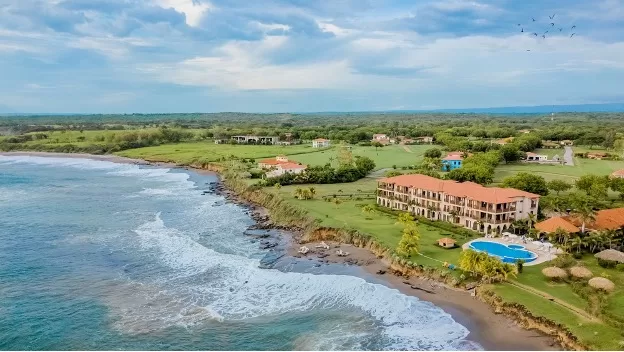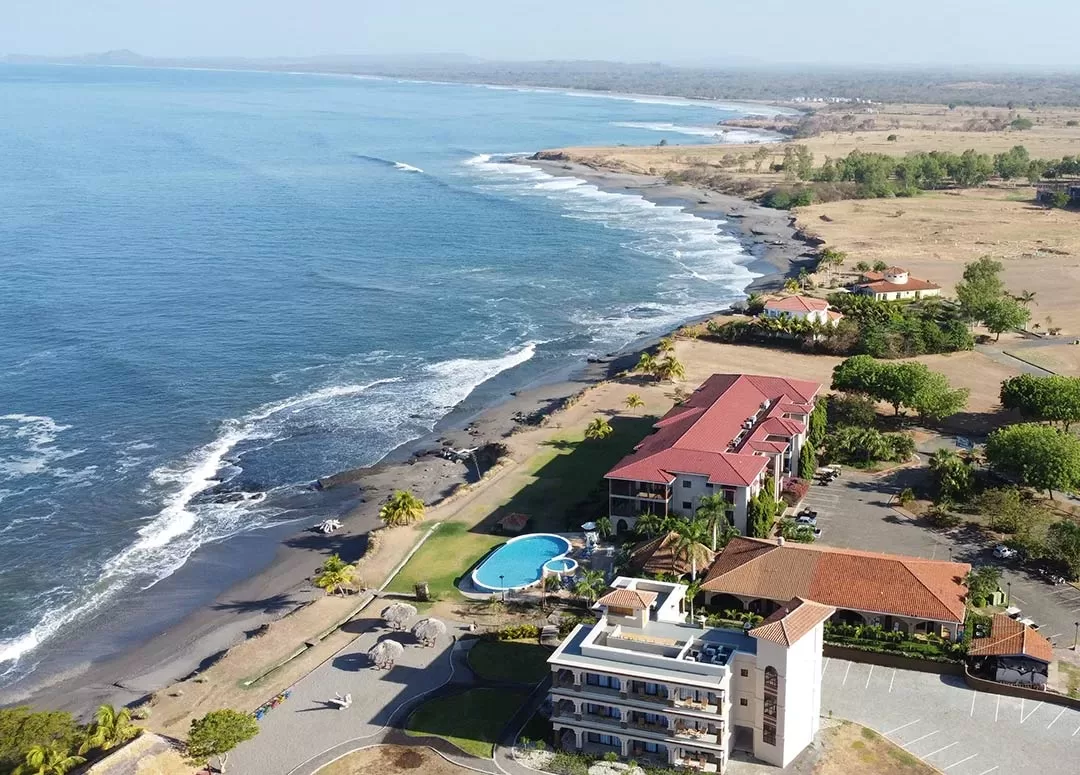In the previous article in this series, Bill Drake explained “The Lateness Phenomenon” among Nicaraguans. Click here to read Part 1 of “Understanding Time, Reliability, and Class in Nicaraguan Culture.” In Part 2 below, Bill explores the general North American stereotype of Nicaraguans’ unreliability, and provides some insight into social classes that helps to resolve these cultural differences.
The “Unreliability” Phenomenon
Many expats have had the frustrating experience of going down to a Nicaraguan shop or office to get some object which was promised to be done, only to find that the work was not done or even started. After the second or third fruitless trip they have been even more exasperated. They often label this characteristic as Nicaraguan “unreliability”, or the “mañana attitude”, or more negatively as insincerity or even lying. It is often seen as simply an extreme case of the lateness phenomenon, but it is actually based on something else: a difference of values.
At the time the commitment was made, it may have been possible to complete the work by the agreed deadline, and the Nicaraguan mechanic or tradesperson wanted to be as responsive as possible to you since as a client you are automatically an important person. But then there were several other things that came along to interrupt his plans, such as talking with a visitor, helping a friend, or doing some other job, each of which was more important to the individual than the arbitrary deadline which now lay in the rapidly fading past,.
From the Nicaraguan perspective, the “real problem” is the obsessiveness of North Americans about meeting deadlines and their lack of respect for more important human values. The North American may argue that adherence to deadlines is justified on the basis of efficiency, to which the response might be to question whether efficiency was more important than other conflicting values such as taking the time to talk with your many friends, to be responsive to the needs of your extended family, and to balance the need to work with life’s many other needs and obligations.
Social Class Differences
Although the range of socioeconomic groups may be as large in the U.S. as in Nicaragua, the distribution is quite different, with the U.S. being mostly middle class with smaller lower and upper class contingents, while the lower class is the largest in Nicaragua, with a returning but still small middle and upper class. While some middle class has returned from exile, the lower class still comprises probably 90% of the population. Also, because the average wage is much lower in Nicaragua, the middle class North American is more comparable in lifestyle, education, and experience to the higher classes of Nicaraguans. He/she is also likely to live in the same section of town and socialize with the upper classes than with the middle class.
Expat Voices: “I’d say that Nicaraguans tend to be a bit sexist. Interestingly, as an American, you see both extremes: people who patronize you and your ‘fat green wallet’, and the occasional ‘if looks could kill yankees, the world would be a better place’ kind of reaction.” US Foreign Service spouse, 2007
The glaring class/economic differences, along with the poverty of the lowest classes, are often disturbing to North Americans. While they probably have a maid, they may try to treat her more as an equal than they feel the Nicaraguans do, or to somehow “make up for” things that have happened to Nicaragua. For example, some North American families may invite the maid to join them for meals in the dining room, rather than separately in the kitchen as in Nicaraguan families. Social class differences are much more accepted as a natural part of the order of things, or fate, by Nicaraguans. In spite of the teachings of the revolution, and the new democracy, the maid herself may feel uncomfortable in the role of friend her North American employers try to put her in, and may actually suffer greatly from these good intentions.
Excerpted and adapted from the ebook “Cultural Dimensions of Expatriate Living and Working in Nicaragua” by Bill Drake.
Contact Author
"*" indicates required fields
Stay Ahead on Every Adventure!
Stay updated with the World News on Escape Artist. Get all the travel news, international destinations, expat living, moving abroad, Lifestyle Tips, and digital nomad opportunities. Your next journey starts here—don’t miss a moment! Subscribe Now!







